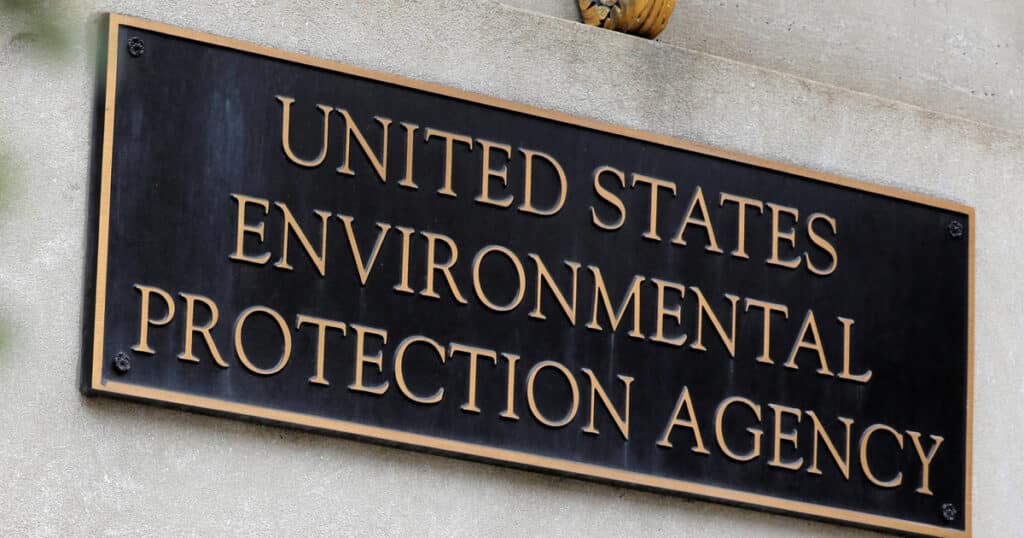
Companies Fined For Not Doing The Wrong Thing
Gary Gensler, who resembles a Tim Burton creation, is back in the news again for the wrong reasons. Last month, Mark Cuban called for the Securities and Exchange Commission to remove Chairman Gary Gensler.
Cuban told Fox News, “You all have permission to quote me saying that Biden should fire Gary Gensler.”
Cuban, who owns a minority stake in the Dallas Mavericks, hosted a meeting in Washington, D.C., with a senior advisor to President Joe Biden and cryptocurrency leaders. The meeting aimed to discuss regulations and the SEC’s insistence that crypto exchanges register with the regulatory body as trading platforms.
“I don’t believe Mr. Gensler has protected any investors in the crypto space or elsewhere for that matter,” Cuban told the Dallas Morning News. “His approach at the SEC is to litigate to regulate. Which means it is impossible for crypto companies to have bright line rules to follow. This is evidenced by the fact that there are currently zero companies that have issued tokens for crypto apps. Not a single one. And that’s not for the lack of trying.”
In May, Cuban posted on X:
“Gensler has made it impossible for good companies to do the right thing.”
In June, he posted:
“I have said many times that Biden has to choose between Gensler or crypto voters, or it could cost him the Whitehouse.”
I’m no expert on crypto, but Gensler’s latest move can’t make Cuban happy either. In another blatant display of power, he has fined 26 financial firms for failing to track employee “off-channel” communications. The SEC Chairman wants to surveil what Wall Street traders are doing on their personal phones.
The SEC has imposed fines totaling $393 million in the most recent wave of penalties related to Gensler’s crackdown on WhatsApp use. Over 60 firms have been fined around $2 billion for reportedly breaching SEC record-keeping regulations due to some employees using non-company phones and messaging apps to discuss business matters.
Gensler’s persecution started in 2021. At first, he concentrated on larger firms, such as Raymond James, Piper Sandler & Co., Edward D. Jones & Co., Cowen & Co., and P. Schoenfeld Asset Management. Now, though, he has expanded his tyranny to smaller broker-dealers, investment advisers, and private funds.
Under Gensler’s leadership, the Securities and Exchange Commission has requested that companies search employees’ personal phones and hand over evidence of business-related communications. It has also offered reduced fines for companies cooperating with its investigation of alleged records-keeping violations.
Under the 1934 Securities Exchange Act and the 1940 Investment Advisers Act, companies are mandated to retain business records for regulatory review during audits or investigations. Originally, business records consisted of physical documents. Nowadays, it’s more challenging for companies to monitor and maintain employees’ electronic communications.
Most of the fined companies had policies that prohibited employees from using personal devices and messaging platforms like WhatsApp for work purposes. They also monitored employees’ communications and activities on work devices. Companies implement these policies to ensure security, but enforcing them is challenging.
The agency asserts that off-channel communications by Wall Street employees are widespread. However, its consent decrees with the fined individual firms only mention a few examples, providing very little detail about the content of the communications. The SEC does not state that it has found evidence of securities violations.
So, despite Gensler’s Gestapo-like tactics, the “Surveillance and Exchange Commission,” as the Wall Street Journal has labeled it, has no objective evidence of security violations. That being the case and understanding how difficult a job it is in 2024 to legally monitor employees’ personal phones, …. why the fines?
I’m no lawyer, although I occasionally write like one, but it seems to me that Gensler is trying to apply outdated regulations written in 1934 and 1940, respectively, to current-day technology. The problem, as I see it, is that what he is asking the companies to do is illegal.
Let’s hope Mark Cuban is correct and everyone associated with crypto votes against Harris in the upcoming election. Especially since it is speculated that she would nominate Gensler for Treasury Secretary.
Like her own situation, the Peter Principal would again be in play.



